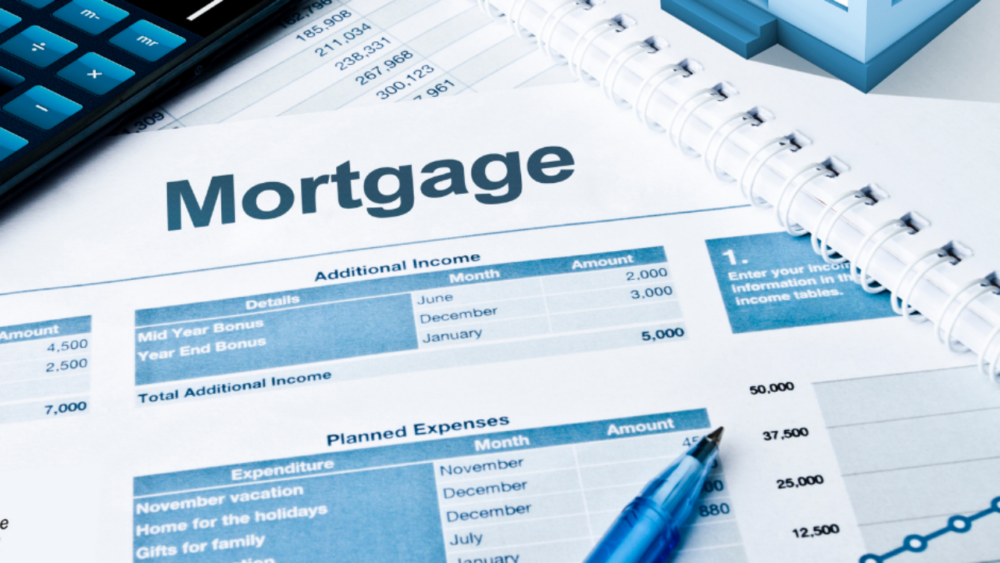When you’re thinking of buying property in Spain, a non-resident might seem like a daunting task. However, with the right preparation, it’s actually quite simple. In this article, we’ll give you tips on how to buy property in Spain as a non-resident, from identifying the right market to researching legal options. So whether you’re planning on investing in property or just looking for a place to retire, read on for some helpful advice!
Why Buy Property in Spain?

There are many reasons to buy property in Spain as a non-resident. First, Spanish property is some of the most affordable in Europe. Second, the country’s regulatory environment is relatively simple and conducive to investment. And finally, Spain has a growing economy with stable political prospects. Here are three tips for buying property in Spain as a non-resident.
1. Do your research
Before you make any decisions about buying property in Spain, be sure to do your research. This means learning about the market and the specific area you’re interested in. You can use online tools like Zillow or StreetEasy to get an overview of the market, and read up on local laws and regulations. It’s also important to consider long-term planning; knowing what you want out of life and what kind of lifestyle you could enjoy in Spain will help you make informed decisions about purchasing property.
2. Get pre-approved for a mortgage
Before you start looking at properties, it’s important to get pre-approved for a mortgage. This will allow you to compare costs and terms more easily, and ensure that you’re able to afford the luxury properties for sale you choose. Make sure to contact several banks or mortgage brokers to get pre-approval, and be prepared to submit documentation such as your income and credit score.
3. Do your research about property taxes
Property taxes in Spain can be expensive, especially if you’re not a tax resident in the country. Before you buy a property, it’s important to know the amount of property taxes that will be due each year. You can use online calculators like TaxCalculator.es to get an estimate of your tax bill. Bear in mind that this information is general; you may have to pay more or less than the estimated amount, depending on the specific situation.
What to Look for When Buying Property in Spain?

When looking to buy property in Spain as a non-resident, there are a few things you’ll want to keep in mind.
- First and foremost, make sure you understand the tax implications of your purchase. Not all properties are subject to Spanish income tax, so be sure to research the specific case you’re considering.
- Additionally, be aware of local zoning restrictions and regulations. Many areas in Spain are only accessible to residents with proper permits, so it’s important to do your research before making an offer.
- Finally, be prepared to pay more for property in Spain than in other European countries. This is due to the higher cost of real estate and the country’s strong economy.
How to Finance a Property Purchase in Spain?

When looking to purchase property in Spain, it is important to be mindful of the various financing options available to you. There are a number of different ways to finance a property purchase in Spain, and it is important to select the option that best suits your needs. Some common financing options include:
– Using a mortgage: A mortgage can be used to finance a property purchase in Spain. This can be a good option if you have a good credit history and are comfortable with a fixed monthly payment. You will need to have a good credit score and adequate income to qualify for a mortgage in Spain.
– Using a home equity loan: A home equity loan can also be used to finance a property purchase in Spain. This type of loan allows you to borrow money against the value of your home. The advantage of using this type of loan is that it can be easier to get approved than using a mortgage. You will need to have adequate income and good credit score to qualify for a home equity loan in Spain.
– Using private debt: Another option for financing a property purchase in Spain is private debt. This type of debt is not backed by the government or any financial institution and can be more risky than other types of loans. However, it can be a good option if you are comfortable with the risks involved. You will need to have adequate income and good credit score to qualify for private debt financing in Spain.



